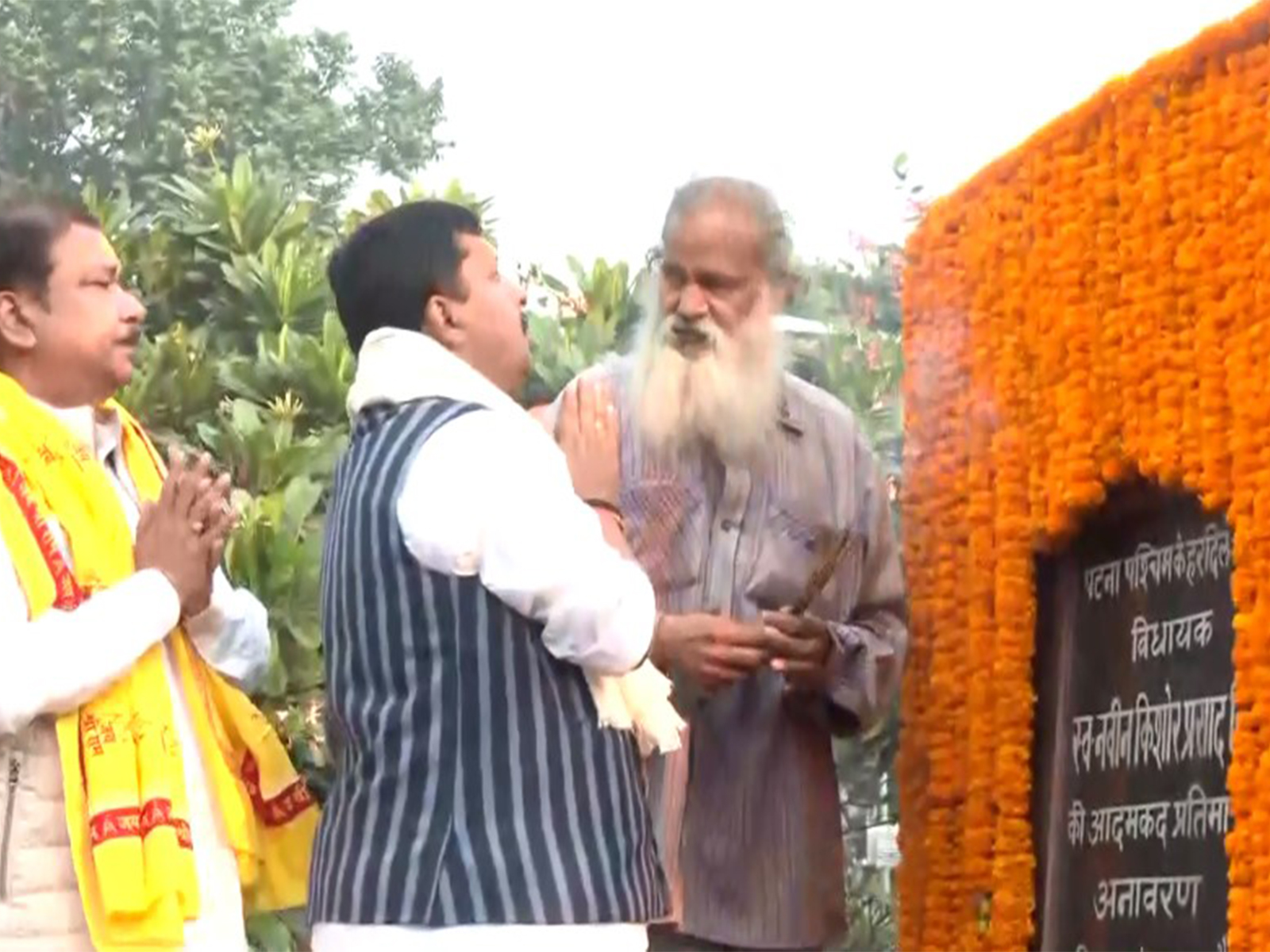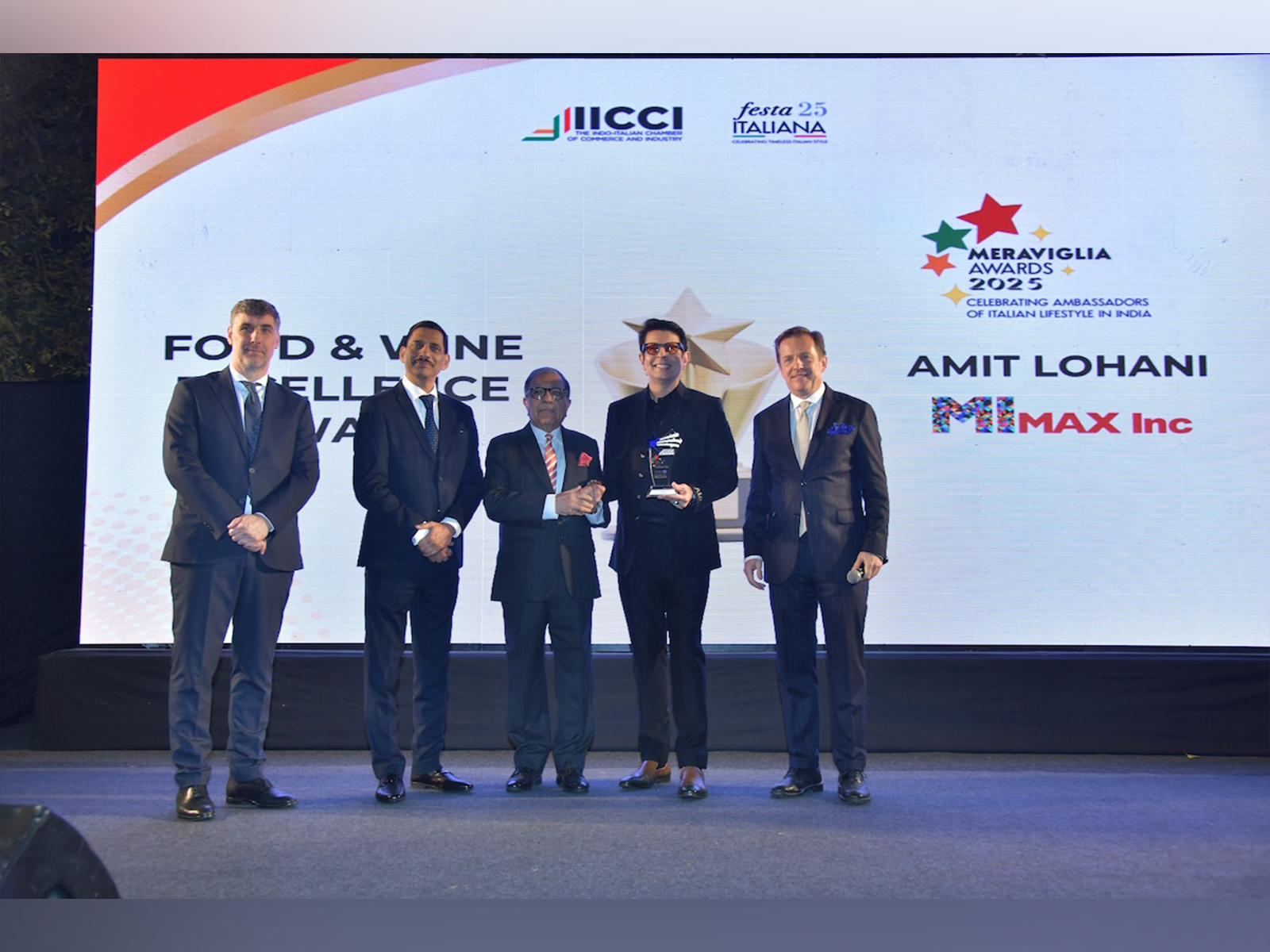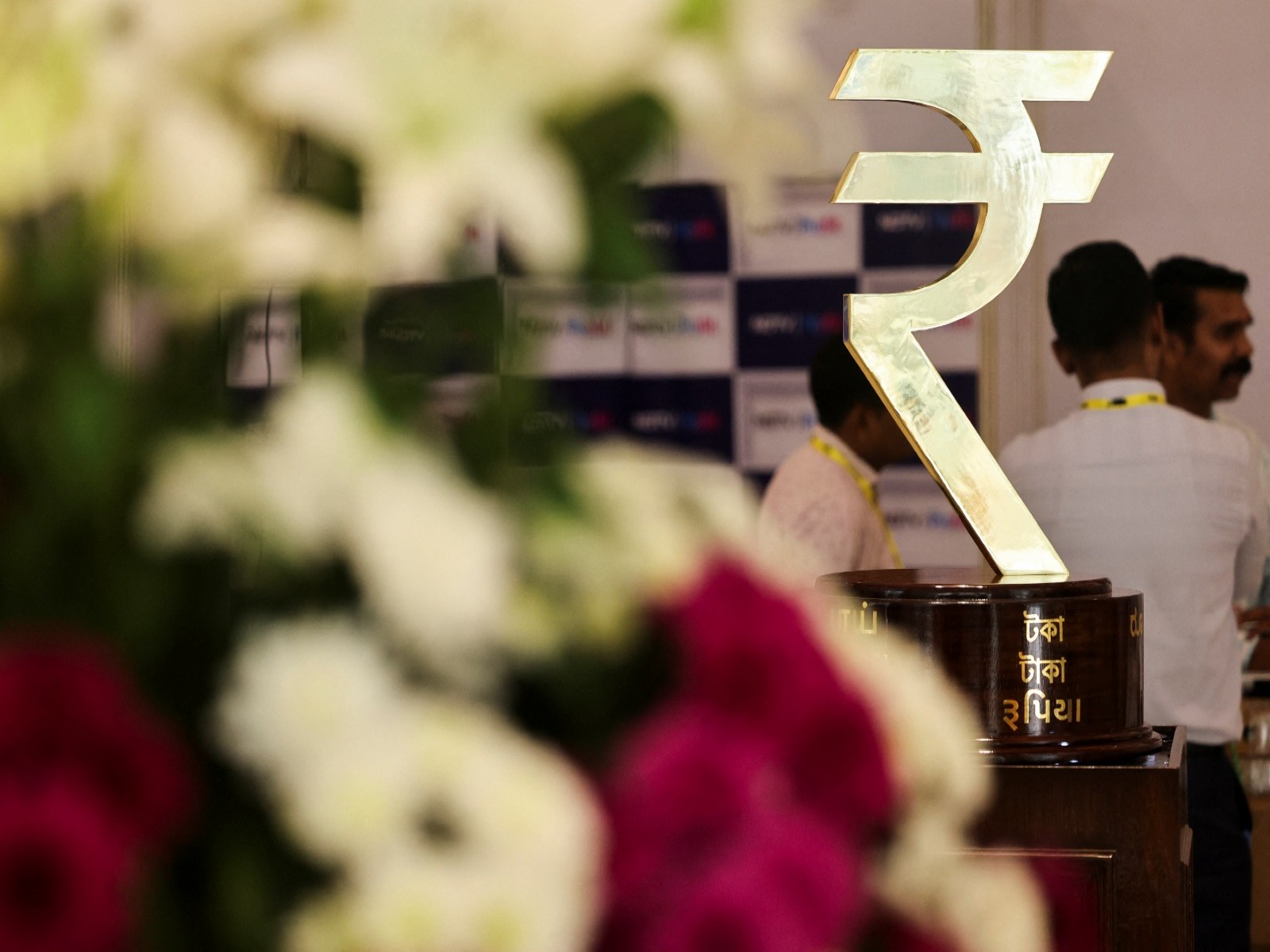Harsh Vardhan releases 5th National Family Health Survey for 17 states, 5 UTs
Dec 12, 2020

New Delhi [India], December 13 : Health Minister Harsh Vardhan on Saturday released the 5th National Family Health Survey (NFHS) which contains detailed information on population, health and nutrition for India and its states and union territories.
A Health Ministry release said that this is a globally important data source as it is comparable to Demographic Health Surveys (DHS) Programme of 90 other countries on several key indicators and can be used for cross country comparisons and development indices.
The present NFHS is being conducted on 6.1 lakh sample households, involving household level interviews to collect information on population, health, family planning and nutrition-related indicators.
The results of 17 States and 5 UTs (Assam, Bihar, Manipur, Meghalaya, Sikkim, Tripura, Andhra Pradesh, Andaman and Nicobar Islands, Gujarat, Himachal Pradesh, Jammu and Kashmir, Ladakh, Karnataka, Goa, Maharashtra, Telangana, West Bengal, Mizoram, Kerala, Lakshadweep, Dadra Nagar Haveli and Daman & Diu) have been released Phase-I.
Phase II covering the remaining 12 States and 2 UTs had their fieldwork suspended due to COVID-19, which has been resumed from November and is expected to be completed by May 2021.
Substantial improvement in maternal and child health indicators over NFHS-4 (2015-16) was recorded in the present survey, the release said.
It said the fertility rate has further declined, contraceptive use has increased and unmet need has been reduced in most phase I states.
The survey found considerable improvement in vaccination coverage among children age 12-23 months across all states and UTs.
Women's empowerment indicators (including women with bank account) also portray considerable progress, the release said.
The minister also chaired an event to mark Universal Health Coverage Day.
Speaking on the occasion, he said that COVID-19 has greatly magnified the need for building resilient health care systems and ensuring their indiscriminate, equitable access to all.
"We must do away with the status quo that got us here and settle for nothing less than strong health systems that protect everyone -- now and in the future. It has been my long-standing belief that India has the ability to deliver to the world, a robust model for providing universal health coverage," he said.
Lauding the leadership of Prime Minister Narendra Modi for his conception and implementation of Ayushman Bharat, the minister said that the programme launched in 2018 has completely revolutionized primary, secondary and tertiary healthcare system in the country, with a strong focus on preventive healthcare.
The minister noted that through the two wings of Ayushman Bharat, the Health and Wellness Centres (HWCs) and the Pradhan Mantri Jan Aarogya Yojana (PMJAY), the government has been making quality healthcare affordable and accessible for crores of people in the country.
"We have made remarkable progress in operationalizing Ayushman Bharat - Health and Wellness Centers and crossed a major landmark in our journey. With 51,500 centres now functional, more than one-thirds of the target has been met. This has led to improved access to affordable primary healthcare services for more than 25 crore people," he said.
The minister said that the government's aim to establish 1.5 lakh such centres by December 2022. "This also includes 12,500 AYUSH Health and Wellness Centers being set up by Ministry of AYUSH."
The Union Health Minister noted that more than 1.45 crore cashless treatments have been provided to the poorest citizens under AB-PMJAY and said the programme was a huge source of support and security for millions of families reeling under the stress of serious illness.
The minister also launched some resourceful apps and guidelines for implementing and monitoring various health programmes.
This includes SDG-3 Health Dashboard would enable policymakers and programme implementers to identify key priorities areas that require action and in framing future action plan for achieving Sustainable Development Goals by 2030.
He also released a compendium of Health and Wellness Centers Operationalization which provides an overview of the progress and achievement over the last two years in operationalizing Health and Wellness Centers across the country under the Ayushman Bharat program.
The minister lauded primary health care workers who have been at the forefront of the battle against COVID-19 for rising to the unprecedented challenge and for continuing to serve the society selflessly.


















